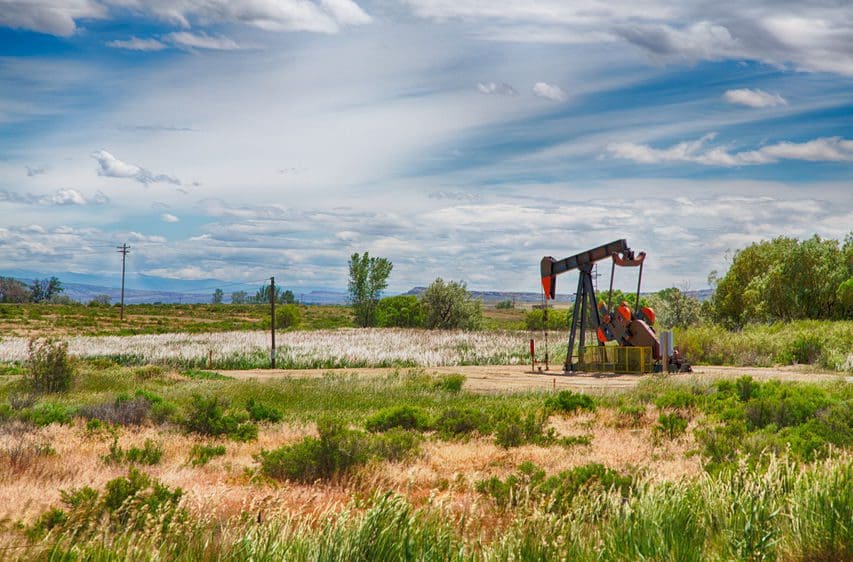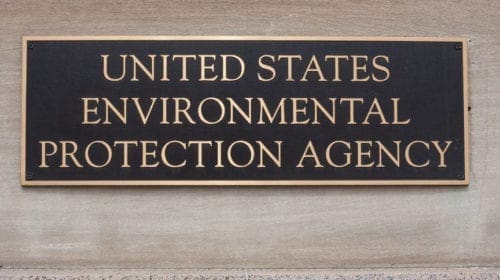In a win for Texas royalty owners, earlier this month Texas Governor Greg Abbott signed into law new protections designed to safeguard mineral owners from fraudulent activity and strengthen private property rights.
Royalty owners, who lease the mineral rights beneath their land, represent an important segment of the oil and gas industry, directly supporting growing production of oil and gas across the nation. There are millions of royalty owners throughout the United States, with a large percentage living in the Lone Star State. Over 600,000 Texas households receive billions of dollars in oil and gas royalties each year.
Unfortunately, in recent years, royalty owners in Texas have become increasingly vulnerable to falsified lease offers that cause minerals owners to unknowingly sell a majority of their royalty interests through intentionally deceptive agreements emulating authentic leasing documentation. Under the guise of an offer to “top lease” minerals in exchange for a cash payment, bad actors have been trying to con mineral and royalty owners, a high percentage of which being the elderly and senior citizens, into selling mineral interests rather than properly leasing them. In these situations, the supposed buyer claims that in exchange for the “top lease,” the mineral or royalty owner will receive a cash payment and a 25 percent “royalty.” The owner is then presented with a document intended to mimic an oil and gas lease. However, the document is not a legitimate top lease. Instead, the owner is selling 75 percent of their royalties for as long as the “royalty lease” is in effect. Oftentimes, the goal of such schemes is to try to time the purchases with redevelopment of new horizontal wells and take 75 percent of the owners’ royalty stream for a minimal payment.
House Bill 3838, approved by Governor Abbott on June 10, 2019, amends the Texas Property Code to require mandatory disclosures in offers to purchase mineral and royalty interests in the state of Texas. Under the legislation authored by Texas Representative Ernest Bailes, a document which does not contain the appropriate disclaimers is void. This will allow operators to have title certainty, because if the document does contain the required disclaimer, it would be presumed valid. By requiring the disclaimer, this practice should be greatly curtailed, if not eliminated, because the vast majority of the sales would not occur if the owners knew that it was not a valid lease.
House Bill 3838 also expands the remedies to be able to rescind the sale and recover damages — including royalties and bonuses paid to the purchaser or any successor, court costs, and attorney’s fees — if the purchaser fails to include the required disclaimer as part of the royalty lease.
The Texas Independent Producers & Royalty Owners Association (TIPRO) worked in partnership with the National Association of Royalty Owners (NARO) – Texas Chapter during the legislative session to advocate for the passage of the policy. Together, both groups are pleased to see state officials take action to extend greater protections for royalty owners in the state of Texas.
House Bill 3838 takes effect September 1, 2019.
TIPRO is a trade association representing the interests of nearly 3,000 independent oil and natural gas producers and royalty owners throughout Texas. As the largest statewide association in Texas that represents both independent producers and royalty owners, members include small businesses, the largest, publicly-traded independent producers, and mineral owners, estates, and trusts.
TIPRO is a trade association representing the interests of nearly 3,000 independent oil and natural gas producers and royalty owners throughout Texas. As the largest statewide association in Texas that represents both independent producers and royalty owners, members include small businesses, the largest, publicly-traded independent producers, and mineral owners, estates, and trusts.
Oil and gas operations are commonly found in remote locations far from company headquarters. Now, it's possible to monitor pump operations, collate and analyze seismic data, and track employees around the world from almost anywhere. Whether employees are in the office or in the field, the internet and related applications enable a greater multidirectional flow of information – and control – than ever before.













